Former premier Rachel Notley, after almost a decade at the helm of Alberta’s NDP, is stepping down from the top job.
Notley, the official Opposition leader, said a leadership race will be called and she will stay on as leader until a replacement is chosen.
That means she will remain on the front bench during the upcoming spring sitting.
Notley said she doesn’t know her next steps after that, including whether she will fulfil her current term as the legislature member for Edmonton-Strathcona, a riding she has won handily in five consecutive elections. She also did not rule out running again.
“I just don’t know. It’s a volatile world, politics,” Notley said in an interview before making her departure public Tuesday.
The party will now set the rules and timelines for the race. Caucus members Rakhi Pancholi, David Shepherd, Sarah Hoffman and Kathleen Ganley are rumoured to be eyeing potential leadership runs.
Notley said she will not be endorsing any candidate.
The announcement ends months of speculation over Notley’s future after her NDP lost the May 2023 election to Premier Danielle Smith’s United Conservatives. Notley’s NDP captured 38 of the 87 legislature seats to become the largest official Opposition in provincial history.
It was the second consecutive election loss for the NDP under Notley, which ended a 44-year Progressive-Conservative dynasty in 2015 with a surprise majority government only to be trounced four years later by Jason Kenney’s UCP.
Notley was elected as party leader in 2014, commanding a caucus that, except for a short-lived breakthrough in 1986, had been confined to a tiny corner of the legislature with a handful of members who could hold meetings in a subcompact sedan.
Under Notley, the NDP wiped out rival left-centre parties, including the Alberta Liberals, to establish itself as the dominant alternative to the governing right-wing UCP.
Notley said she takes the most pride in what the NDP has become under her watch, staying true to its core values but becoming a mainstream alternative by doing a better job listening and connecting with Albertans.
“When we got elected in 2015, we didn’t know who voted for us. We barely knew why because we couldn’t afford polling,” said Notley.
That has all changed, she said, with more financial resources, strong candidates and more ways to find out what Albertans want in a government and from their elected representatives.
“Those relationships with stakeholders and that ability to be engaging with Albertans in a meaningful, responsive way strengthens the party, strengthens the movement,” she said.
“So did we move to the centre in the traditional left-right (spectrum)? I would say no.”
“Did we get better at talking to Albertans and representing who they are, through our own lens, but representing the things that matter to them? Yeah, we did.”
Asked what she considers to be signature accomplishments as Alberta’s 17th premier, Notley points to getting approval for the Trans Mountain pipeline expansion, building a new Calgary cancer hospital, reducing child poverty, investing in schools and hospitals, phasing out coal-fired electricity, kick-starting renewable energy investment and hiking Alberta’s minimum wage.
Of those accomplishments, she said the minimum wage hike resonates.
“We raised the minimum wage to $15 (an hour), the first jurisdiction North America to do that, and others followed because, of course, the world did not collapse as everybody suggested,” she said.
“And to this day, although a little bit less so now because we’re falling behind again (on minimum wage), I still have people come up and tell me how it changed their lives. I’m very proud of that.”
So if the party is doing well, why step down as leader?
“I’m a bit of a polarizing figure in the province,” Notley replied.
“And I think we have a lot of really great people who are part of our movement and I think it’s healthy to allow other voices to have an opportunity.”
Notley, as premier, had been criticized from the right as an out of touch, spend-happy eco-extremist and from the left as a pipeline-loving fossil-fuel sellout.
Her NDP governed during a punishing recession that saw her government rack up multibillion-dollar deficits as the profits dried up in oil and gas — the wellspring of Alberta’s economy.
The UCP, under former leader Kenney, won the 2019 election in part by painting Notley’s NDP as wide-eyed spendthrifts who never met a dollar they didn’t want to spend and couldn’t be trusted with the public purse.
Asked if she felt like she got a raw deal when she won in 2015 only to be handed the keys to a government with no money, Notley said no.
Because they were in power, she said, they were able reduce poverty, increase wages for those who needed it most, index payments for people with severe disablilites to inflation and spend to keep pace with population growth in schools and hospitals.
“As much as we paid a price for it electorally (losing in 2019), I’m glad we were the ones that were there in the hard times,” said Notley.
“It would have been a lot worse if it hadn’t been us.”
©2024 THE CANADIAN PRESS


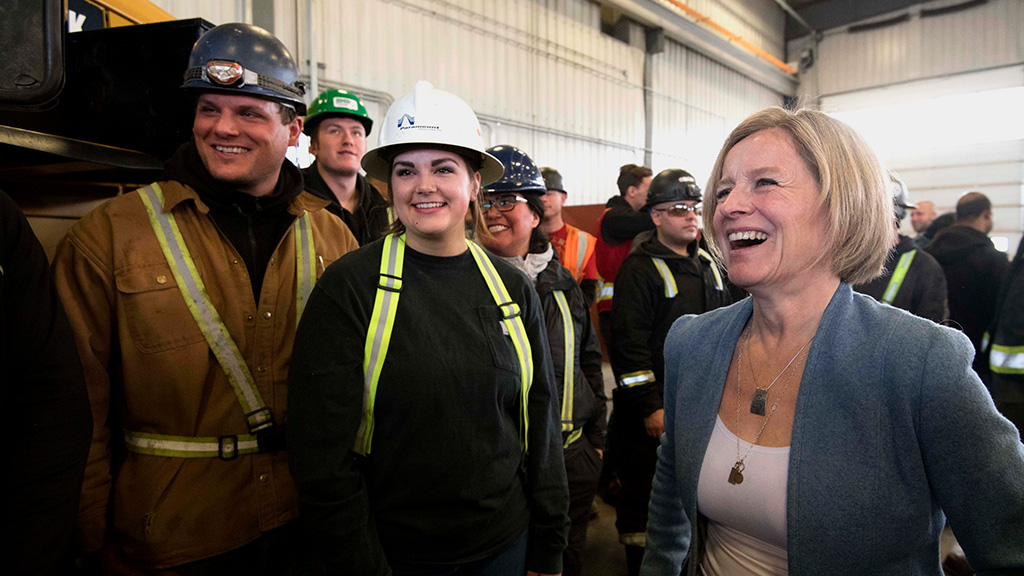


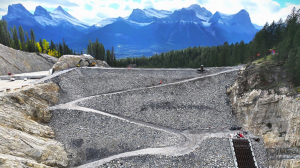

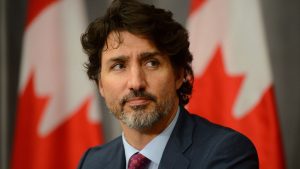
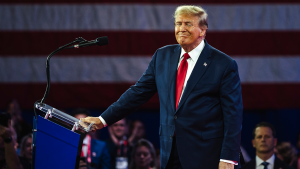
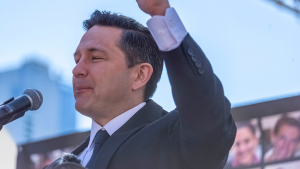
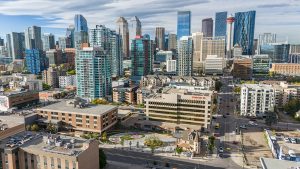
Recent Comments
comments for this post are closed